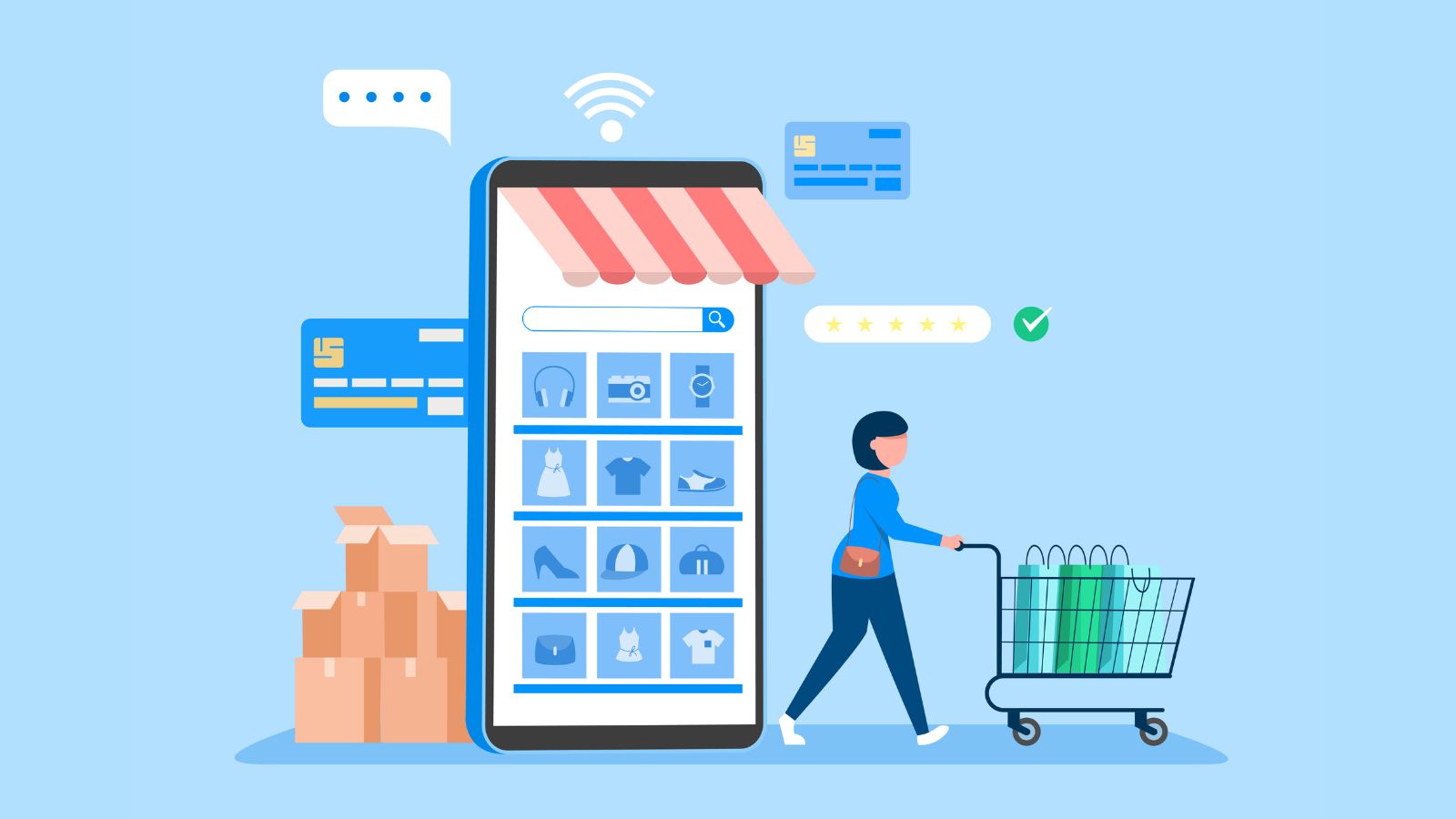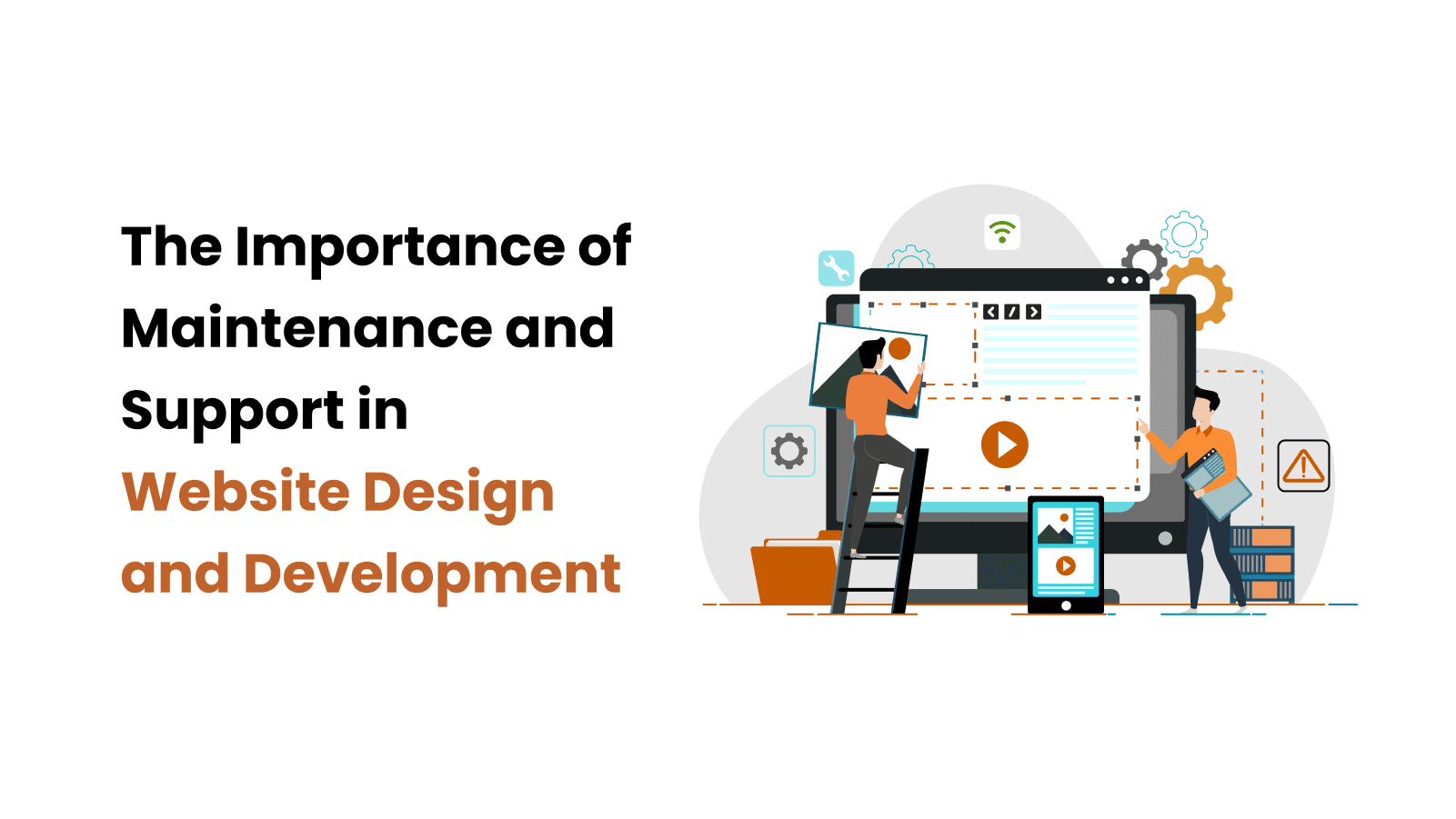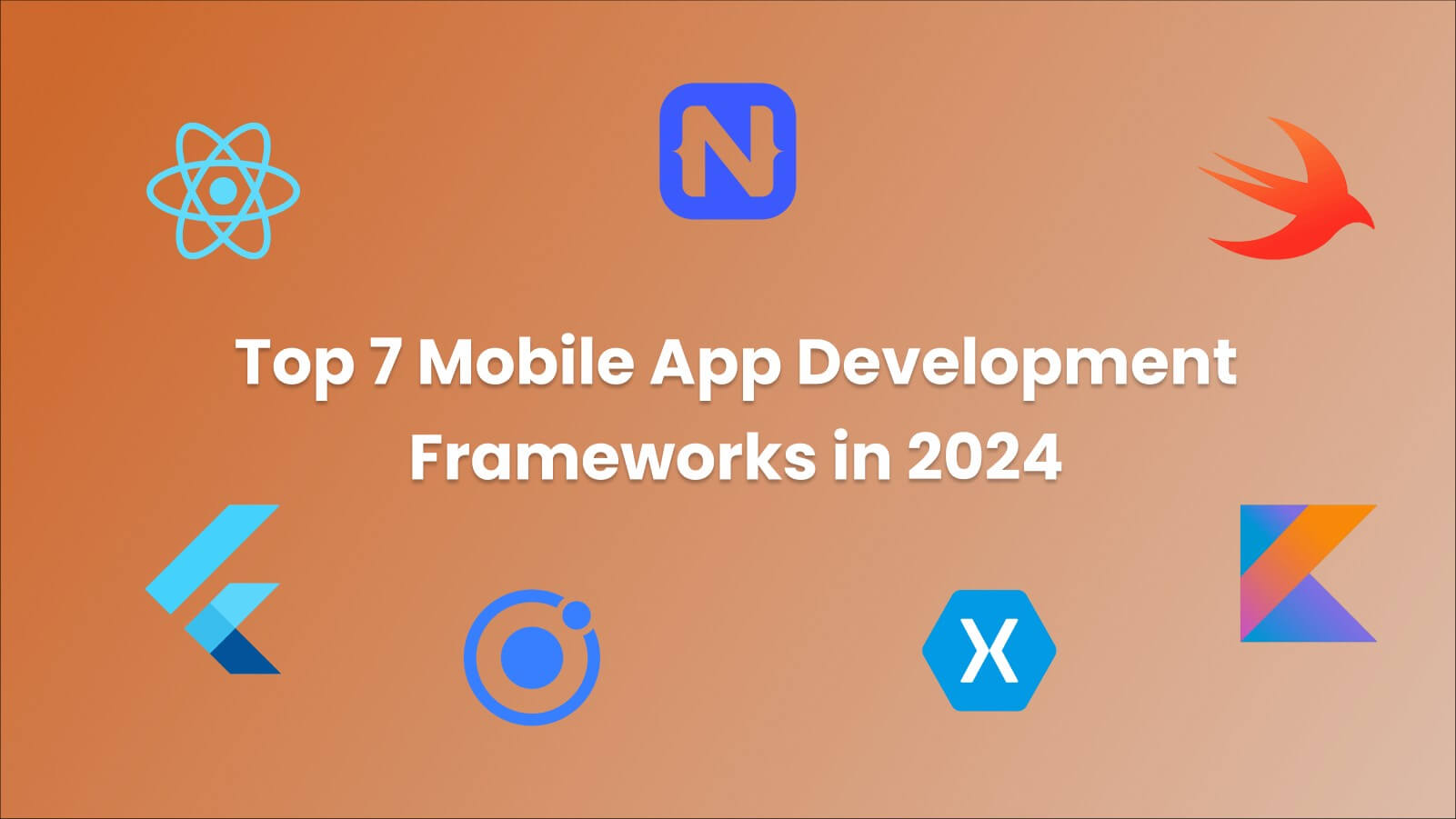
Creating a marketplace app is a big deal in the world of online shopping. In the era of digital transformation, the demand for marketplace apps has skyrocketed. Whether you're a business owner, an app developer, or an investor eyeing the tech market, understanding the intricacies of marketplace app development and its associated costs is crucial. In an era dominated by smartphones and the internet, having a professional marketplace app is more than just a trend; it's a strategic imperative. Entrepreneurs and startups can leverage these apps to broaden their customer reach, increase brand visibility, and streamline business operations. Before delving into the cost aspects, it's essential to understand the diverse landscape of marketplace apps. There are several types, each catering to specific business models and industry niches. Business-to-Business marketplace apps facilitate transactions between businesses. These platforms streamline procurement processes, connect suppliers with buyers, and enhance efficiency in the corporate ecosystem. Business-to-Consumer marketplace apps are the most common, connecting businesses directly with end-users. Examples include e-commerce platforms, service booking apps, and food delivery services. Consumer-to-Consumer marketplace apps enable individuals to buy and sell directly to each other. Online auction platforms and peer-to-peer rental services fall into this category. Niche marketplace apps focus on specific products or services. Examples include art marketplaces, vintage goods platforms, or specialized service providers. The success of a marketplace app hinges on its features. Users expect a seamless and intuitive experience, and businesses need robust tools to manage operations. Here are some key features that contribute to the effectiveness of a marketplace app: Ensure secure user authentication and provide users with customizable profiles for a personalized experience. Efficient tools for sellers to list their products or services with detailed descriptions, images, and pricing. A robust search functionality and filters to help users quickly find what they're looking for. Smooth and secure shopping cart functionality with a hassle-free checkout process. Build trust through a transparent rating and review system for both buyers and sellers. Facilitate communication between buyers and sellers with an in-app messaging system and push notifications. Secure payment options with seamless integration of popular payment gateways. Tools for businesses to track performance, analyze user behavior, and generate insightful reports. The cost of developing a marketplace app is influenced by various factors. Understanding these factors is crucial for accurate budgeting and resource allocation. The choice between iOS, Android, or both significantly impacts development costs. A sleek and user-friendly design is vital. Complex designs with intricate features may increase development time and costs. The expertise and location of the development team play a role. Hiring a local team may be more expensive than outsourcing to skilled professionals in other regions. The more features and functionalities, the higher the development cost. Prioritize essential features to optimize costs. Integrating with third-party services or APIs may add complexity and cost. Thorough testing is crucial for a bug-free app. Allocate sufficient resources for testing and quality assurance. Here's a rough estimate for different levels of marketplace app complexity: A simple marketplace app with essential features like user registration, product listings, search, and basic communication. A more feature-rich app with additional functionalities such as payment integration, reviews, and more advanced user profiles. A complex marketplace app with advanced features like real-time chat, geolocation services, advanced analytics, and a sophisticated payment system. A large-scale marketplace app with custom features, extensive scalability, multiple user roles, and robust security measures. In today’s digital world, a marketplace app is not just a technological accessory but a strategic necessity for businesses of all sizes. Understanding the importance of a professional app, the various types available, the essential features, and the factors influencing development costs is crucial for entrepreneurs, startups, and investors alike. As you embark on the journey of marketplace app development, keep in mind that the investment made in crafting a robust and user-friendly app is an investment in the future success of your business.
In this blog, we delve into the importance of a professional marketplace app, explore the different types available, dissect the essential features, analyze the factors influencing development costs, and provide an average cost estimate.Importance Of A Professional Marketplace App
A well-crafted marketplace app serves as a 24/7 storefront, enabling businesses to connect with their target audience anytime, anywhere. The convenience offered to consumers contributes to brand loyalty and enhances the overall customer experience. Moreover, a professionally developed marketplace app fosters trust among users, positioning the business as a reliable and tech-savvy entity.Types Of Marketplace App
1) B2B Marketplace Apps:
2) B2C Marketplace Apps:
3) C2C Marketplace Apps:
4) Niche Marketplace Apps:
Marketplace App Features
(1) User Authentication and Profiles:
(2) Product/Service Listings:
(3) Search and Filters:
(4) Shopping Cart and Checkout:
(5) Ratings and Reviews:
(6) Messaging and Notifications:
(7) Payment Gateway Integration:
(8) Analytics and Reporting:
Factors Influencing Marketplace App Development Cost
1) Platform:
2) Design Complexity:
3) Development Team:
4) Features and Functionality:
5) Integration:
6) Testing and Quality Assurance:
An Average Cost To Develop A Marketplace App
1. Basic Marketplace App: $10,000 - $30,000
2. Intermediate Marketplace App: $30,000 - $80,000
3. Advanced Marketplace App: $80,000 - $150,000+
4. Enterprise-Level Marketplace App: $150,000 - $300,000+
Note: The cost estimates provided are indicative and can vary based on specific project requirements and market conditions.
Always consult with a marketplace app development company and obtain detailed project quotes for accurate cost assessments.Conclusion
Thinking about developing a marketplace app? We're here to help! Get in touch with us today or sending an email to sales@iihglobal.com. Let's turn your idea into reality!








